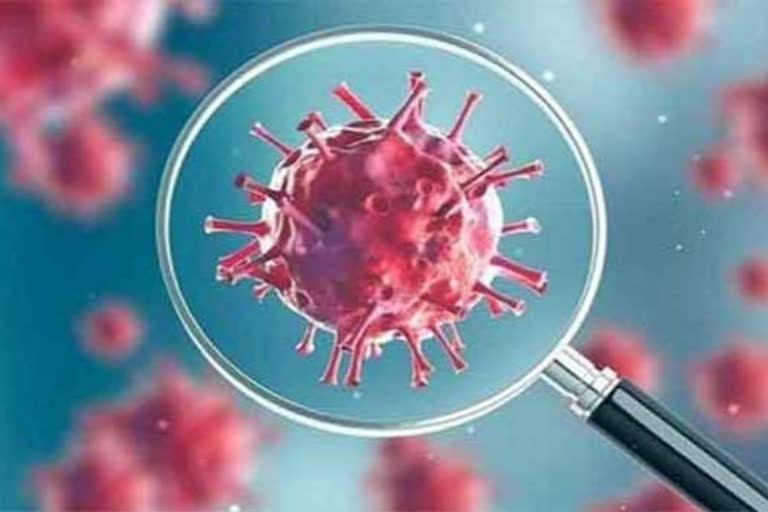Hyderabad: The novel coronavirus is claiming millions of lives worldwide. We have been assuming that this virus only attacks the respiratory system. But guess what? The virus affects several other organs such as eyes, heart, liver, brain and kidneys.
Professor Ajay Shah at King’s College Hospital, London, said the extent of the viral impact is more than what was earlier presumed. He came to this conclusion after examining the symptoms of coronavirus patients admitted to their hospital. In addition to asymptomatic cases, the virus is found to relapse in most of the recovered patients.
Nasal cells are highly likely to attract coronavirus particles. Initially, the virus stays inside the nostrils. During this time, the patient may lose the sense of smell. The virus then slowly passes into the throat through the nasal cavity. The ACE2 receptors onto which the coronavirus latches; are aplenty in the mucous membrane of the throat.
When protein spikes on its surface bind to the host’s receptor cells, the virus starts replicating. The patient may not exhibit any symptoms during this period but he/she can transmit the virus to others. If our immune system fails to respond when the virus enters the throat, it will sneak into our lungs.
The virus explosion starts once it travels down the airways. The viral proteins bust into lung cells through ACE2 receptors. The lungs become inflamed, making it difficult to breathe. This causes a condition called pneumonitis. The respiratory muscles swell and at the same time, fluid gets collected in the lungs. Some patients face what is called Acute Respiratory Distress Syndrome (ARDS). Oxygen levels in blood decrease to dangerous levels. At this stage, the patient will need ventilator support. But the virus spread cannot be contained. We can only wait for the immune system to fight back the virus while the ventilators continue to provide mechanical breathing. Scientists have noticed an overreactive immune system in this stage, with immunoglobulins attacking the host cells. At this stage, the whole body swells up and the heartbeat becomes rapid. Blood vessels become inflamed. Renal failure is seen in about 20 per cent of the patients. The cytokine storm is also believed to cause heart damage. This is the reason behind patients dying from multiple organ failure in ICUs.
The impact of nCoV virus on heart and blood vessels is yet to be studied. It inflames the blood vessels by attacking their walls, resulting in heart failure.
According to JAMA Cardiology journal, a study on 416 corona patients in Wuhan revealed that 20 per cent of them died of heart failure. Doctors said that vasculitis was particularly pronounced in patients with severe symptoms. Hence, COVID-19 is fatal to patients with diabetes and heart disease.
Doctors have found that the percentage of liver enzymes is critically low in patients with severe viral load. Meaning, the coronavirus also impacts liver functioning. Research is underway to determine whether this is the result of medications or an overreactive immune system. A study of 85 corona patients with severe symptoms in Wuhan revealed that there was a kidney failure in 27 per cent of the cases. Doctors have not yet identified if this was because the kidneys had abundant ACE2 receptors or due to the body’s response to falling in blood pressure.
A patient in Japan exhibited meningitis symptoms. Doctors have detected the traces of the virus in his cerebral fluid. It is suspected that the novel coronavirus can penetrate the Central Nervous System. Symptoms like epilepsy and headache are also common in coronavirus patients.
"From observation on patients, a lot of patients do come in confused or become confused after they come in, which is basically a sign that something’s not quite right in the brain. Whether the virus is directly affecting the brain, or if it’s a sign that oxygen levels are just too low, we can’t be sure yet," informed Dr Duncan Young, Professor of Intensive Care Medicine at Oxford University.
"We are seeing a range of illness; some people develop blood clots, others heart attacks or kidney failure. There are still many unknowns, but the amount of research effort that is going on to try and understand exactly what is happening to patients with COVID-19 is phenomenal," said Prof Ajay Shah, consultant cardiologist at King’s College Hospital, London.



